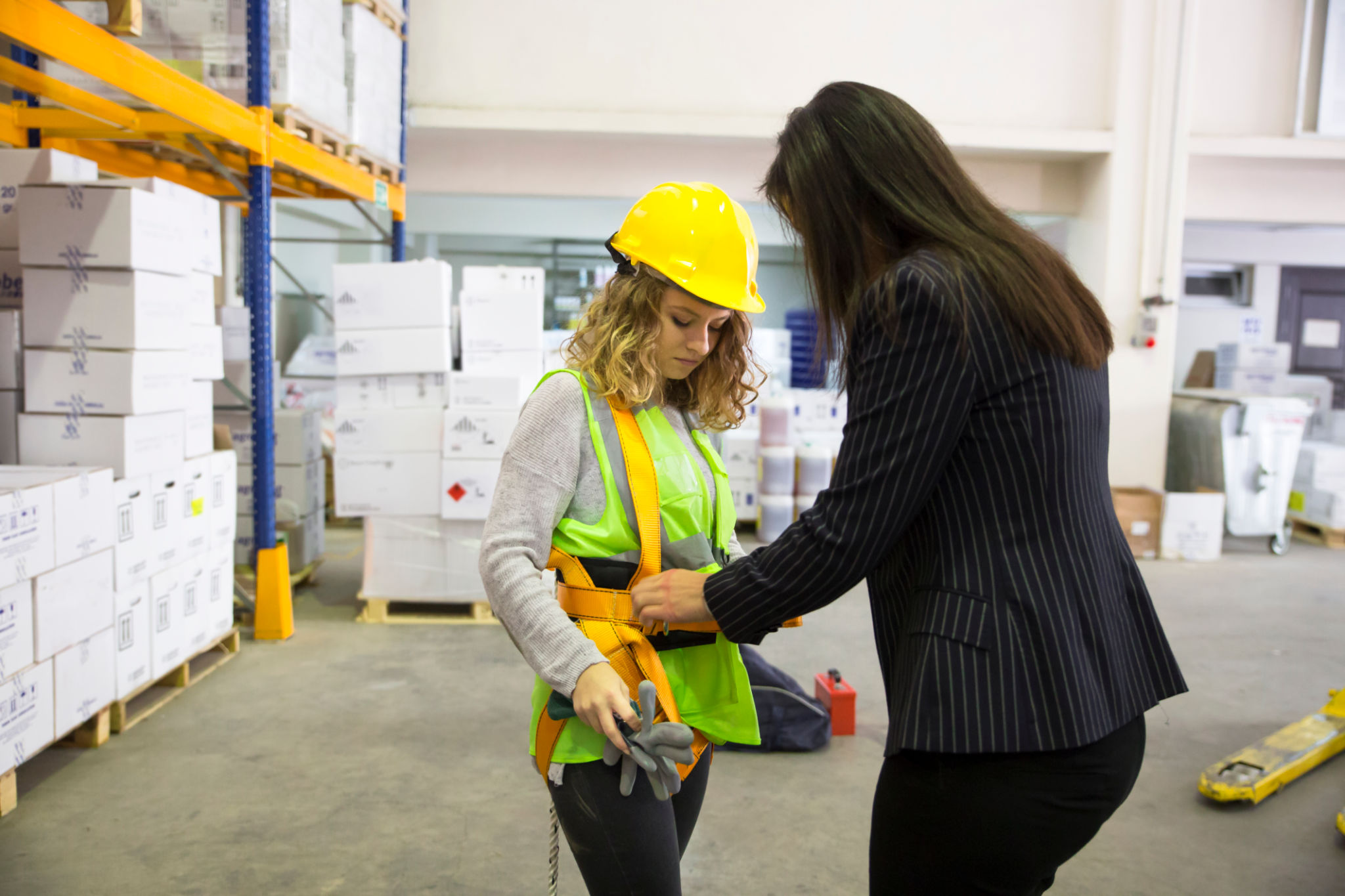How Local Regulations Impact Crane Training in Georgia
KM
Understanding Crane Training in Georgia
Crane operation is a critical field that requires extensive training and adherence to regulations. In Georgia, local regulations significantly impact how crane training is conducted, ensuring safety and efficiency in the industry. Understanding these regulations is crucial for aspiring crane operators and companies alike.

State-Specific Requirements
Georgia has specific requirements that crane operators must meet to become certified. These include passing both written and practical exams that are designed to test the operator's knowledge and skills. The state mandates these exams to ensure that operators can handle the equipment safely and are aware of potential hazards.
The exams are aligned with national standards, but Georgia's local authorities may impose additional requirements based on the specific needs of the region. This localized approach ensures that crane operators are well-prepared to work within the state's unique environment and industry demands.
Compliance with OSHA Standards
Another important aspect of crane training in Georgia is compliance with Occupational Safety and Health Administration (OSHA) standards. OSHA sets the federal guidelines for crane operation, but Georgia enforces these standards through local inspections and audits. This means that training programs must not only meet state requirements but also align with federal safety standards.

Training providers in Georgia are often required to maintain detailed records and documentation to demonstrate compliance with OSHA regulations. This ensures that all crane operators are trained to the highest safety standards, minimizing the risk of accidents and enhancing overall workplace safety.
Local Environmental Considerations
Georgia's diverse geography, from urban centers to rural landscapes, necessitates specific training modules that address various environmental considerations. Operators must be trained to handle cranes in different terrains and weather conditions, which can vary significantly across the state.
Training programs may include specialized sessions on how to operate cranes in high winds, rain, or uneven terrain, ensuring that operators are prepared for any situation they might face on the job. This comprehensive approach helps maintain safety and efficiency in diverse working environments.

The Role of Technology
Advancements in technology have also influenced crane training in Georgia. Many training programs now incorporate virtual reality (VR) simulations, allowing trainees to practice crane operation in a controlled, risk-free environment. This technology provides a realistic experience and helps trainees gain confidence before handling actual equipment.
Additionally, technology is used to monitor trainees' progress through digital tracking systems, ensuring that they meet all necessary requirements before certification. This integration of technology enhances the training process, making it more effective and engaging.
Conclusion
Local regulations play a crucial role in shaping crane training in Georgia. By adhering to state-specific requirements, complying with OSHA standards, and incorporating environmental considerations and technology, the training programs ensure that operators are well-equipped to handle the demands of the industry. These regulations not only enhance safety but also contribute to the overall efficiency and success of crane operations across the state.
